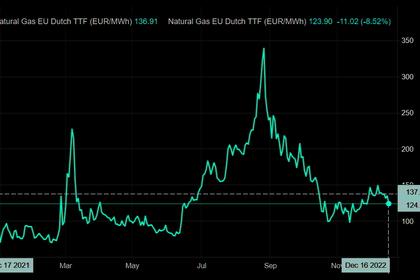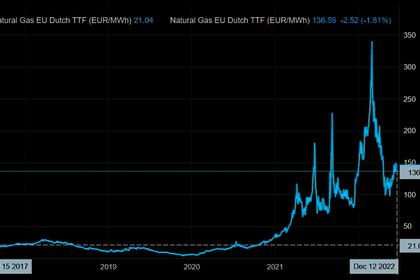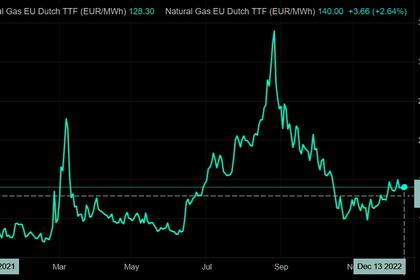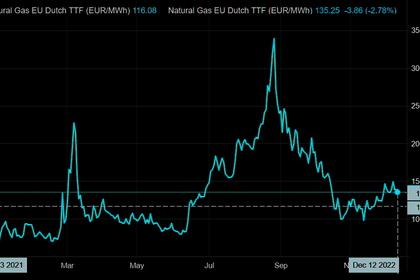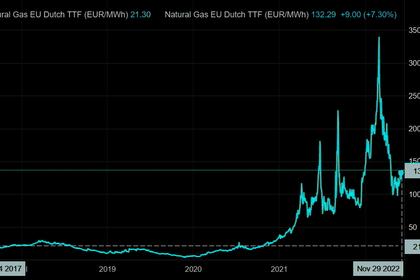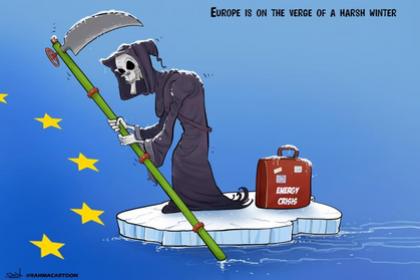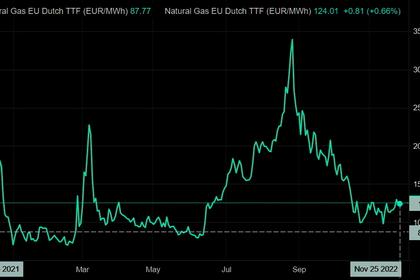
EUROPEAN GAS MARKET: DISTORTED
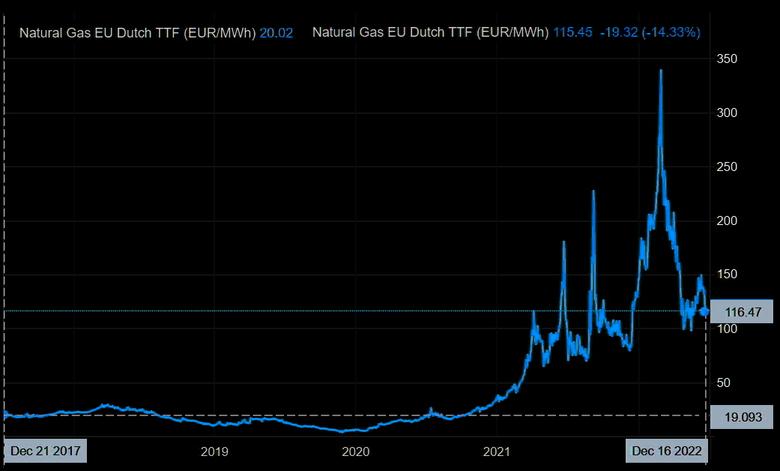
By GERMAN TORO GHIO CEO Germán & Co -
ENERGYCENTRAL - Dec 12, 2022 - One of the main threads of European history is the construction of a market economy without excesses. That is, without monopolies and without abuses. The European model is inspired by the United States, which began its anti-trust initiative with the Sherman Antitrust Act of 1890. The first European treaty, the 1957 Treaty of Rome, called for the "establishment of a common market", guaranteeing that "competition will not be distorted". The underlying mission was to achieve "an accelerated raising of the standard of living and closer relations between the States" that made up the European Economic Community. Numerous directives insist on protecting consumers from abuse and irresponsible behaviour. A task that is becoming increasingly difficult.
The energy crisis has exposed the disastrous functioning of the EU gas market, which impoverishes millions of people for the benefit of a few. The European Commission has highlighted that gas prices rose by up to 1,000% last August compared to the average of the previous decade. The main gas price formation mechanism (spot and futures) is the Dutch TTF, which accounts for 80% of the natural gas traded in the EU.
Russia's war against Ukraine that started in February has exacerbated gas prices. But the excesses of the TTF had already been detected before, with rises of more than 700% in 2021. The European Commission has noted its failings and considers that "the TTF index is no longer an adequate indicator of prices in Europe".
The TTF allows companies to hedge the risks of price misalignments through the use of energy derivatives. The study Financial stability risks from energy derivatives markets, prepared by Oana Furtuna, Alberto Grassi and other experts, highlights that this complex mechanism is composed of 1,700 energy derivatives firms, whose number increased by 30% in 2022. They point out that in the TTF, banks account for the majority of derivative positions, that credit to energy companies increased by 200% in just a few months and warn of the risk to financial stability.
Faced with this situation, the Commission has proposed a "market correction mechanism to protect citizens and the economy from excessively high prices". It proposes a ceiling of 275 euros per megawatt hour, which has been rejected by Spain and 14 other countries, which consider the intervention insignificant. The Netherlands, on the other hand, defends its business and rejects any intervention. The same goes for Germany, which has its own national solutions.
The United Nations reminds us that European governments have spent 600 billion euros on consumer protection measures for energy costs, of which Germany has granted 264 billion euros.
We are not in a battle between interventionists and market advocates. All markets are regulated. It is a crude battle of interests, between those who prioritise monopoly profits and those who defend citizens' rights and ensure that the market is not distorted. It is a battle that the Union should not lose.
-----
This thought leadership article was originally shared with Energy Central's Energy Collective Group. The communities are a place where professionals in the power industry can share, learn and connect in a collaborative environment. Join the Energy Collective Group today and learn from others who work in the industry.
Earlier:
